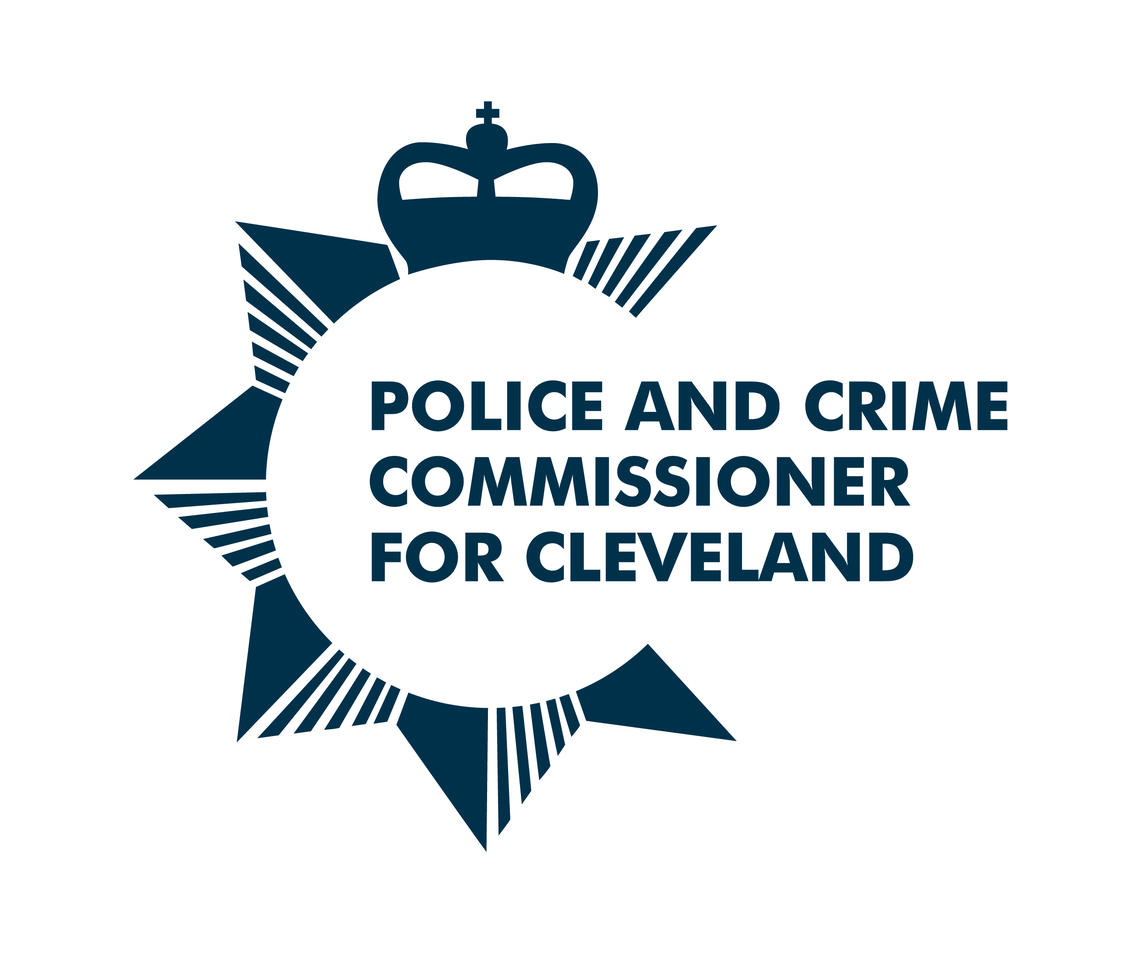

Police and Crime Commissioner’s Roles and Responsibilities
The Police and Crime Commissioner (PCC) aims to be the people’s voice in policing.
He is responsible for holding the Chief Constable to account for how he discharges his functions.
The aim of all PCCs is to ensure the delivery of an effective and efficient police service in their force area.
PCCs are responsible for ‘the totality of policing’ – i.e. all policing and not just parts of it)
However, they “must not fetter the operational independence of the police force and the Chief Constable who leads it.”
By law under the Police Reform and Social Responsibility Act 2011), PCCs have to do certain things including:
- Securing an efficient and effective police force for their area;
- Appointing the Chief Constable – and hold him to account for running the force. If necessary, the PCC can dismiss the Chief Constable;
- Setting police and crime objectives for their area through the police and crime plan;
- Setting the force budget and determine the precept – i.e. the levy on the council tax bill that will go toward policing;
- Holding the Chief Constable to account for how the force contributes to the national and international policing capabilities set out by the Home Secretary; and
- Bringing together community safety and criminal justice partners – i.e. other organisations and agencies), to make sure local priorities are joined up
The Office of the Police and Crime Commissioner (OPCC) supports the PCC in his work.
A main function of the local Police and Crime Commissioner is to monitor the effectiveness of the police in its area. One of the ways Police and Crime Commissioners do this is by the appointment of Independent Custody Visitors (ICVs). ICVs are members of the public authorised by the local Police and Crime Commissioner (PCC), to visit police stations to check on the welfare of people arrested and detained there, and report to the Police and Crime Commissioner on what they have found. This is a unique role as ICVs have random and unfettered access to detainees.
This scheme has been established by the Police and Crime Commissioner in consultation with the Chief Constable in accordance with the Police and Criminal Justice Act 2001 and Police Reform and Social Responsibility Act 2011. The operation of the scheme is the responsibility of the Police and Crime Commissioner. The Police and Crime Commissioner has the final responsibility in all matters relating to the operation of the scheme.
There are a number of principles and guidance that underpins the role of Independent Custody Visitors, and into which Independent Custody Visitors can input to continually develop policy on the treatment of detainees in Police Custody.
To carry out the duties of an Independent Custody Visitor as set out in the scheme’s guidelines including:
• To arrange Custody Visits with fellow Custody Visitors, in line with agreed rotas
• To keep the coordinator and fellow custody visitors informed of any problems with custody visits
• To carry out custody visits to designated police stations in line with the scheme guidelines and training
• To check on the conditions in which a detainees is kept, their health and wellbeing and their legal rights and entitlements, with reference to PACE Code C.
• Where appropriate consult the detainee’s custody record to clarify and check any concerns raised by the detainee.
• To discuss with the custody officer any concerns and requests arising from the custody visit and bring to the custody officer’s attention any issue that needs to be dealt with.
• To complete the Independent Custody Visitor report form, ensuring that all relevant information is recorded correctly, clearly and concisely.
• To distribute copies of the Independent Custody Visitor report form to the appropriate people and leave the police station.
• To complete and submit expense claims in line with the scheme guidelines
• To attend continuous training sessions as appropriate (minimum of one a year)
• To attend Panel meetings of Independent Custody Visitors
• To carry out the duties of an Independent Custody Visitor with regard to the Health and Safety requirements of the Custody Visiting Scheme
